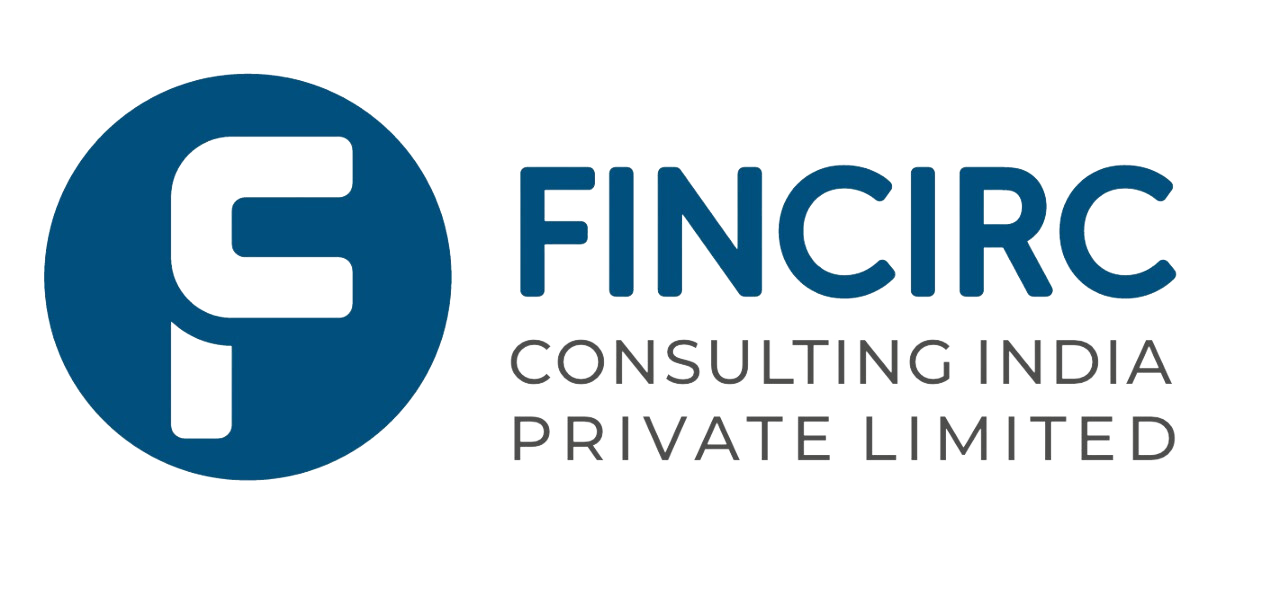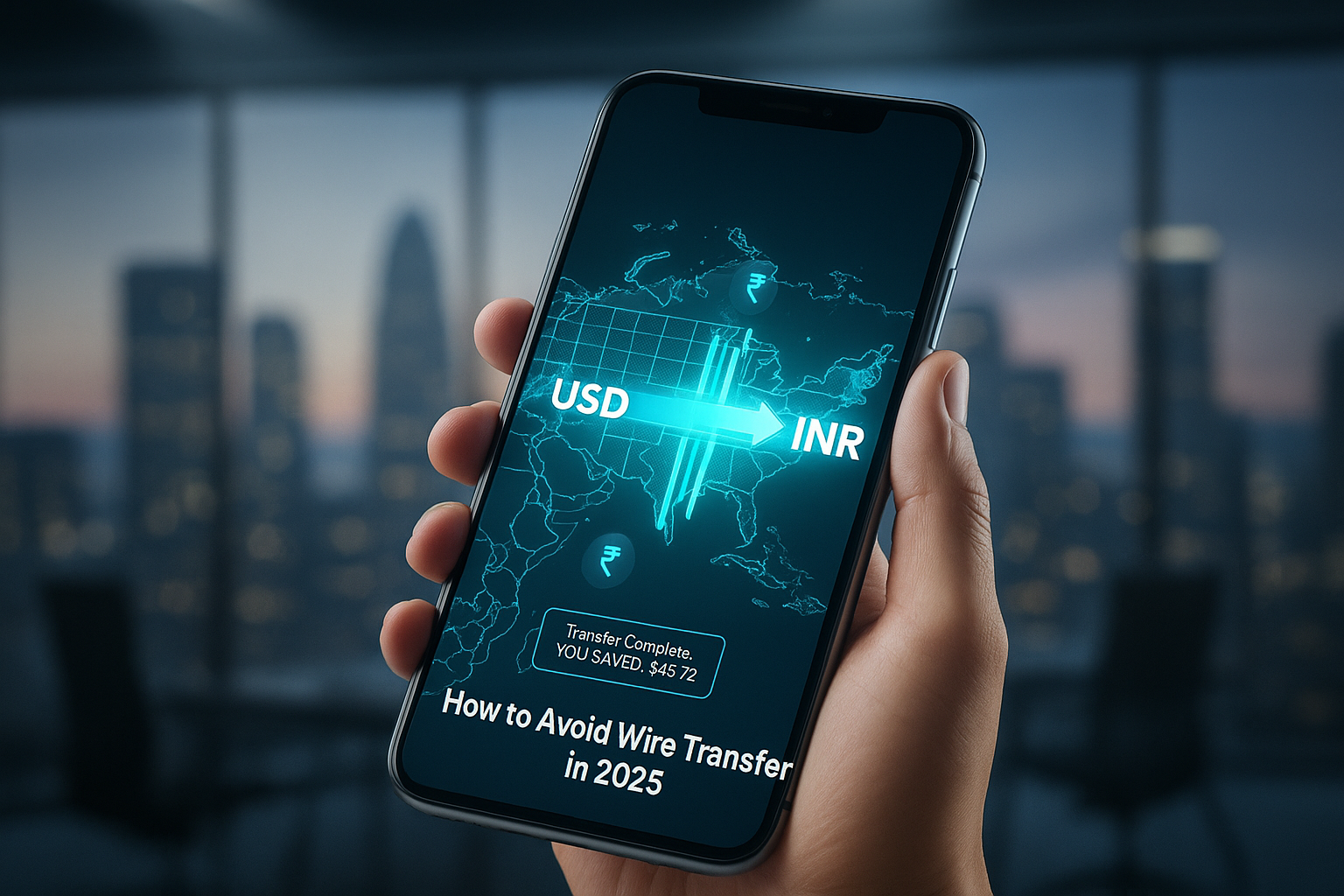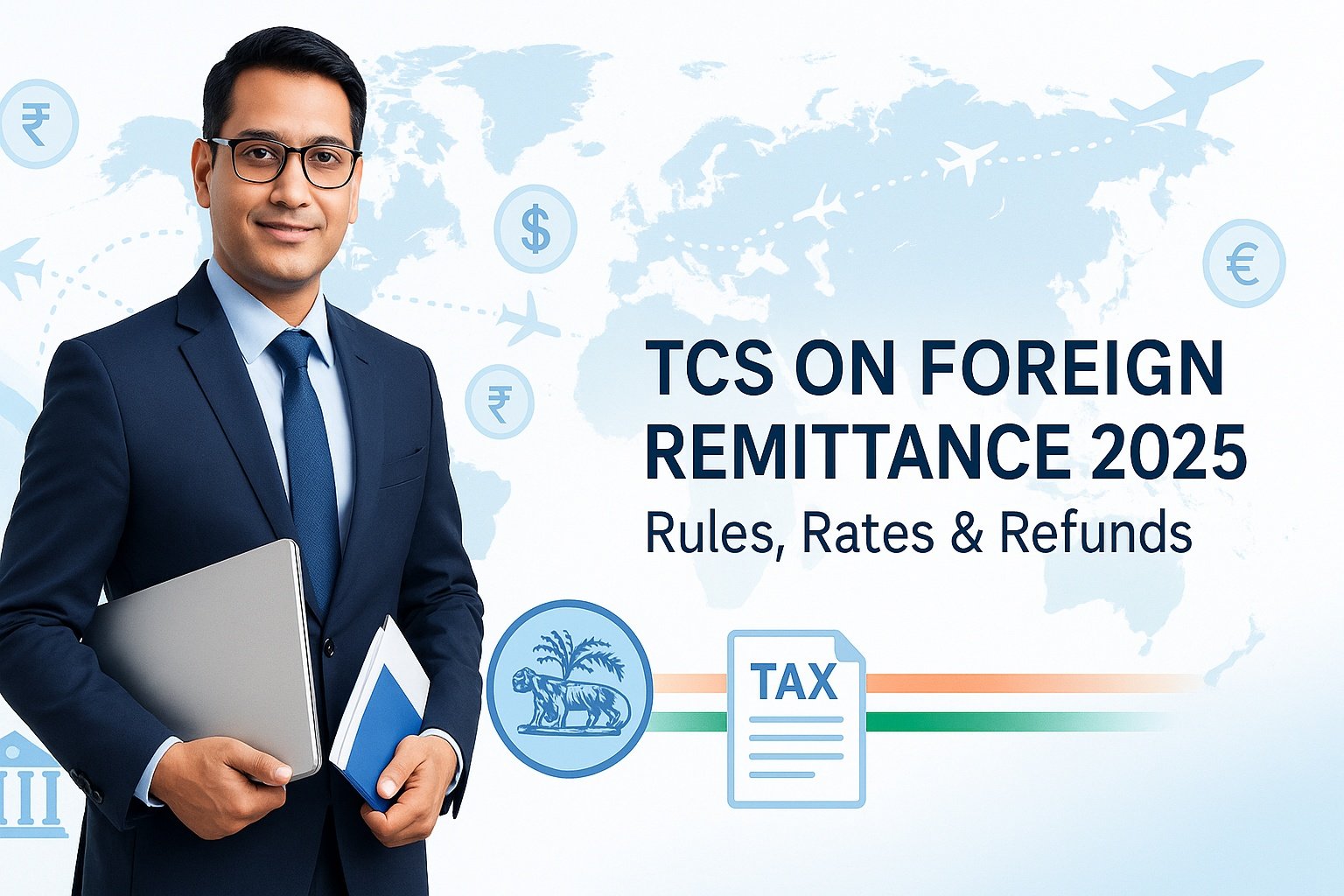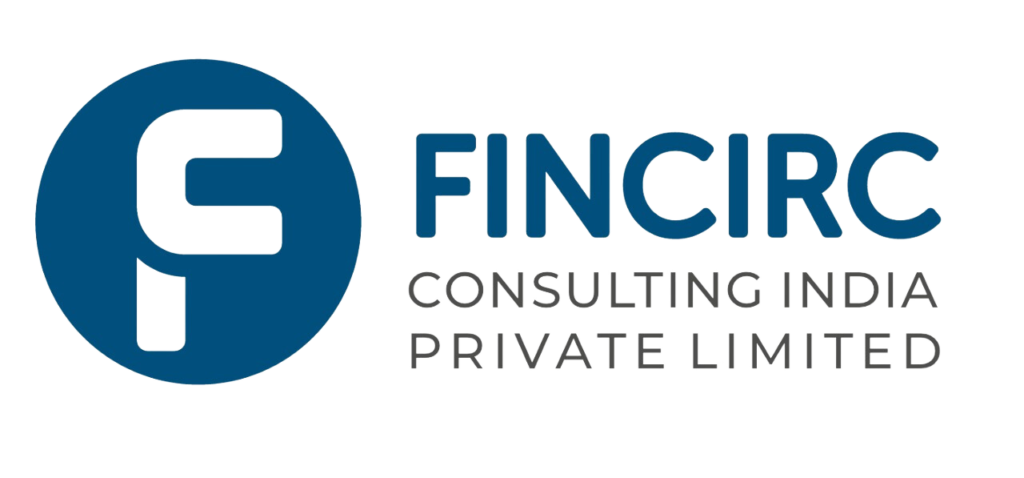Introduction to UAE Free Zones
If you’re thinking about starting a business in Dubai, you must have heard about the free zones. They are a big deal here, and for good reasons. These special economic areas let you own 100% of your business, skip most taxes, and get your Dubai free zone business setup done with less hassle. Dubai alone has over 20 free zones, each tailored to industries like tech, logistics, finance, or even healthcare. Think of them as little business-friendly bubbles with their own rules, run by a Free Zone Authority that makes licensing straightforward. It’s why Dubai trade is such a magnet for entrepreneurs and big companies alike.
How to Choose the Right Free Zone for Your Business
Picking the perfect free zone for your Dubai free zone business setup can feel overwhelming, but it is all about lining up your business vibe with what the zone offers. For me, this is how I break it down:
Figure Out What Your Business Does
There is no universally applied approach for setting up in a free zone when it comes to associated costs. Licenses, visas, and office spaces differ wild. Each free zone has its primacy; if you are into technology, Dubai Internet City should be your choice, and if you are into trading, Dubai Multi Commodities Centre applies. Products, consulting, or manufacturing; whatever you are into, make sure the zone narrows in on your niche, making the setup business Dubai smooth.
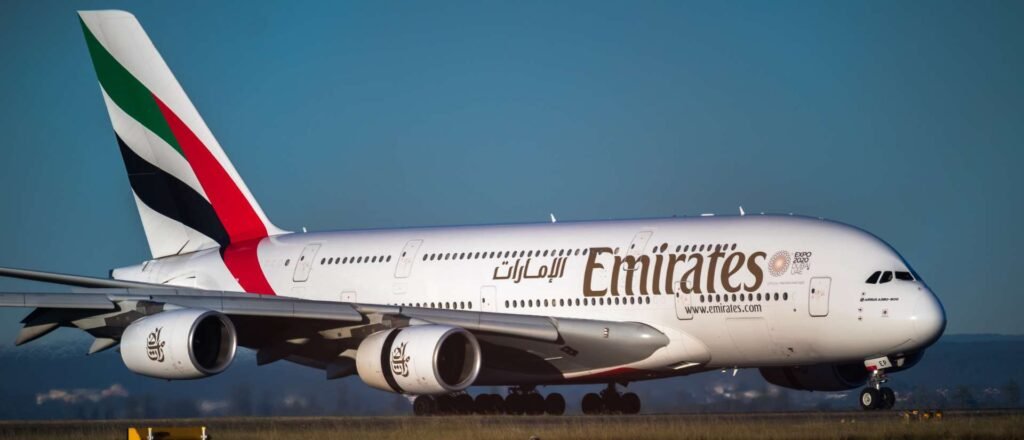
Check the Price Tag
Setting up in a free zone isn’t one-size-fits-all when it comes to costs. Licenses, visas, and office spaces vary wildly. For example, Sharjah Media City (SHAMS) starts at AED 5,750 for a license, which is a steal, while somewhere like DIFC might hit your wallet harder because of its premium services. Look at your budget and see what makes sense.
Think About Location
If your business relies on Dubai trade, location is everything. Jebel Ali Free Zone (JAFZA) is right by Jebel Ali Port, perfect for logistics. Dubai Airport Free Zone (DAFZA) is great if you’re moving stuff by air. Pick a spot that makes your operations easy and efficient.
Sort Out Visa Needs
Need to bring in a team? Free zones offer different visa quotas for employees and even family members. Places like DMCC or Ras Al Khaimah Economic Zone (RAKEZ) are pretty flexible, which is awesome for companies in free zone Dubai with international staff. Double-check the visa rules to avoid surprises.
Understand the Rules
Some zones, like DIFC, use English common law, which is great for finance folks. Others, like SHAMS, keep things simple for startups. Make sure the zone’s regulations work for your business, especially if you want to sell in Dubai’s mainland market.
Look at the Setup
Need a fancy office or a warehouse? Zones like Dubai Healthcare City (DHCC) have specialized setups for medical businesses, while JAFZA offers ready-to-go warehouses. Good infrastructure can make your business setup in Dubai free zone run like a dream.
Talking to a pro, like someone from Persian Horizon, can save you headaches by guiding you through the Dubai free zone business setup maze.
Top Free Zones in the UAE for 2025
Dubai’s got some stellar free zones, each with its own flavor. Here are five that stand out for companies in free zone Dubai:
- Jebel Ali Free Zone (JAFZA): Around since 1985, JAFZA is massive, with over 8,700 businesses. It’s next to Jebel Ali Port, so it’s a no-brainer for logistics and trading, with tax breaks and full ownership.
- Dubai Multi Commodities Centre (DMCC): This one’s a powerhouse for trading stuff like gold or tea, hosting over 17,000 companies in Jumeirah Lake Towers. It’s great for trading or service-based businesses.
- Dubai Internet City (DIC): If you’re in tech, this is where you want to be. Big names like Facebook hang out here, and they’ve got events and funding to help startups shine.
- Dubai International Financial Centre (DIFC): DIFC uses English common law and is a go-to for finance and fintech. It’s a big player in Dubai’s economy.
- Dubai South: Near Al Maktoum Airport, this zone’s perfect for aviation, logistics, or e-commerce. It even hosted Expo 2020.
You’ve also got cool spots like Dubai Media City (DMC) for media folks and Sharjah Media City (SHAMS) for consultants. Each one’s got something special for your business setup in Dubai free zone.
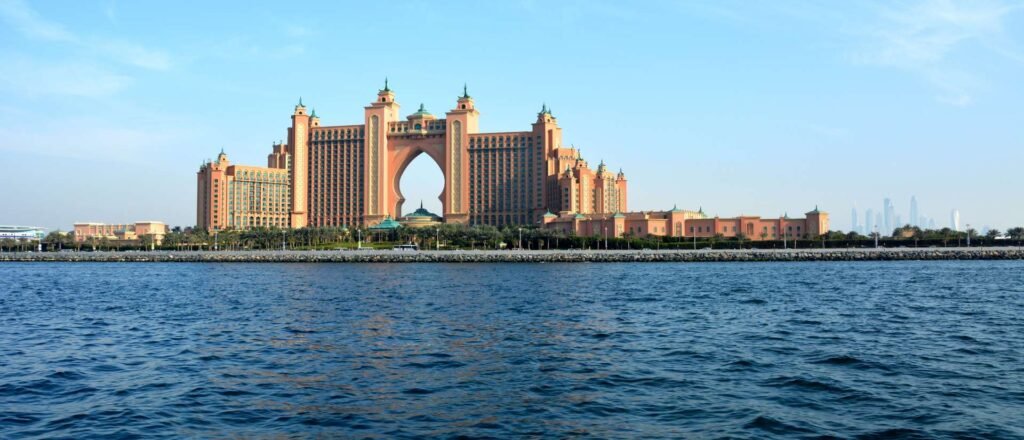
Mainland Trading Limits
It is usually impossible for free zone companies to sell directly in the mainland UAE unless with the help of a local partner. But in 2025, you can get a special permit from the Dubai Department of Economy & Tourism to trade locally. If that’s your goal, factor this into your choice.
Banking Headaches
Some free zones make opening a bank account trickier than others. IFZA, for example, plays nice with banks, which is a win for companies in free zone Dubai. Check this before you commit.
Extra Costs for Audits
Places like DMCC ask for yearly audits, which can add up. Others, like IFZA, don’t, saving you some cash when you’re starting your setup business Dubai.
Long-Term Visas
Most free zones offer 2–3-year visas, but if you invest big, you might snag a 10-year one. That’s huge if you’re planning to stay in Dubai long-term.
Networking Perks
Zones like DIC or DMC throw awesome networking events, which can help your business grow. It’s a bonus for your Dubai free zone business setup that’s worth considering.
Working with a consultancy like Creative Zone can help you dodge these hidden pitfalls and make your setup business Dubai smooth.
Conclusion
Picking the right free zone is a game-changer for your Dubai free zone business setup. Match your business type to the zone’s strengths, keep an eye on costs and location, and don’t overlook things like mainland access or banking. Whether you go budget-friendly with SHAMS or aim for premium vibes with DMCC, Dubai’s free zones are built to help companies in free zone Dubai thrive. Want to nail your setup business Dubai? Chat with an expert to make it happen and jump into Dubai trade with confidence.
